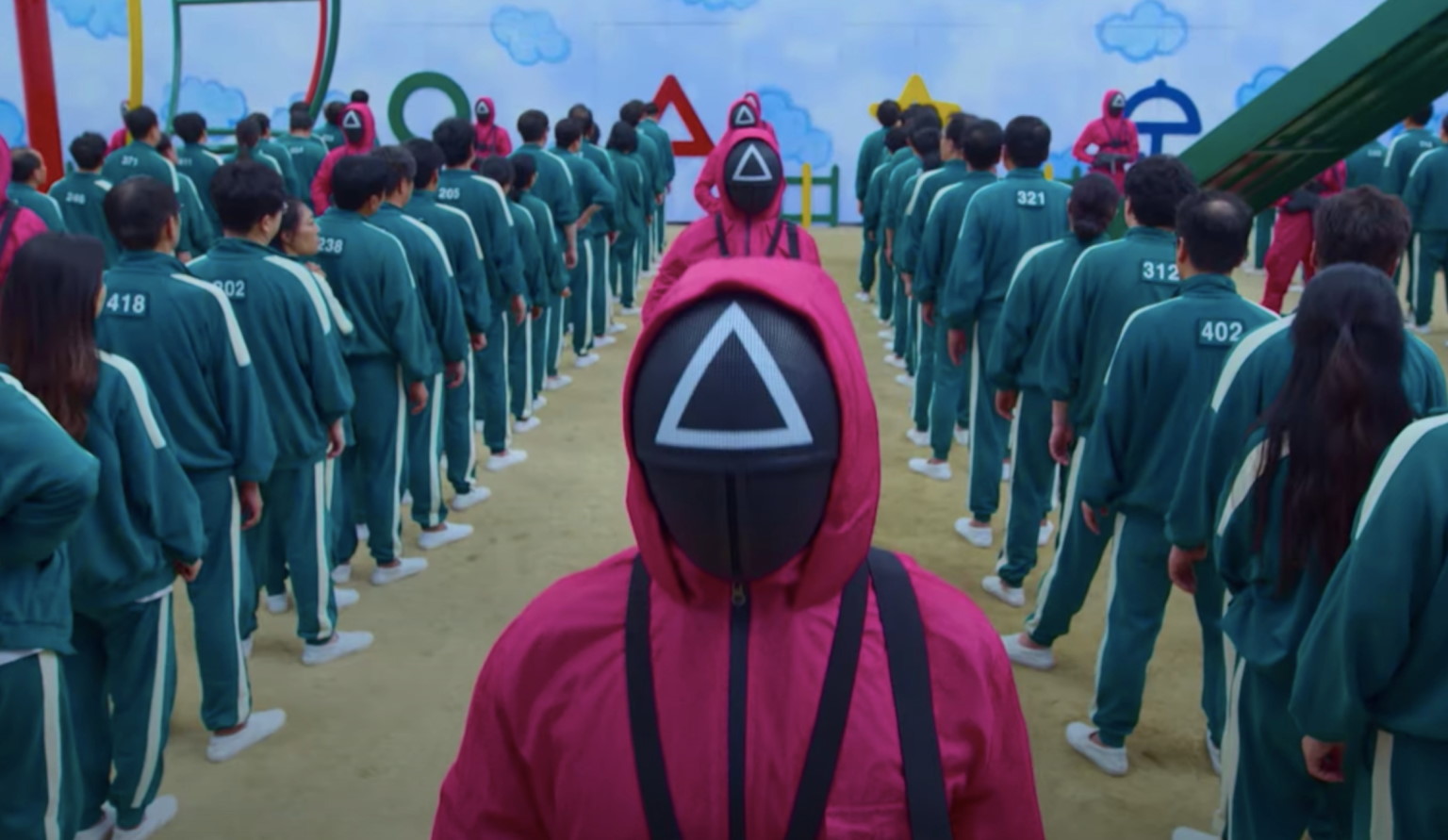Squid Game cryptocurrency scammers vanish with $3.3M
The unofficial Squid Game cryptocurrency was a scam all along.

An unofficial Squid Game cryptocurrency called SQUID launched and vanished in less than a month. Its creators, whose identities are unknown, pulled the rug out from would-be investors after pocketing about $3.38 million.
The SQUID crypto coin wasn't officially affiliated with Squid Game, the popular Netflix show that debuted on September 17. Anyone who visited its squidgame.cash (now defunct) or read its Twitter (also dead) and bought SQUID wasn't able to sell it on cryptocurrency exchange Pancakeswap, even as its value rose from $38 to $2,861.80 in a week.
Despite the non-affiliation, the concept of the coin drew on the show's content. As detailed in SQUID's white paper, which is essentially a rule book, an "anti-dump mechanism" was put in place that forced you to attain "Marble" tokens via a play-to-earn game in order to sell your SQUID coins.
This lock on selling SQUID coins allowed its creators, who couldn't be identified any further than the photos on the website, to drop the project, citing hack attempts, take all of the money, and tank the coin's value. According to the New York Times, people who still have the token are now able to sell it at its miniscule value even without "Marbles."
In other words, everyone but an unknown few lost. Not unlike the show it's based on.
A moderator post on the SQUID official Telegram channel reads: "Someone is trying to hack our project these days. Not only the Twitter account @GoGoSquidGame but also our smart contract. We are trying to protect it but the price is still abnormal. Squid Game Dev does not want to continue running the project as we are depressed from the scammers and [are] overwhelmed with stress. We have to remove all the restrictions and the transaction rules of Squid Game. Squid Game will enter a new stage of community autonomy."
In order for SQUID to function, the creators promised that the coin would be used to play a game based on the show. That game, which was never shown, was slated to enter beta and then release sometime this month, again, with seemingly no approval from Netflix. The white paper is unclear about how the game works and how you could earn Marbles in order to sell your SQUID coins. "Obtaining Marbles without using violence is the key to Squid Game," is all it says.
Keep up to date with the most important stories and the best deals, as picked by the PC Gamer team.
The paper cites blockchain mobile game Axie Infinity and its "Smooth Love Potion" tokens as inspirations for its game. Axie Infinity works like Pokémon Go, where you battle with a team of three "Axies" that you're required to buy as NFTs in order to play. With every "Axie" sold, the developer makes a 4.25% cut. Players can earn "Smooth Love Potions" through daily quests to breed (the developers also take a cut from this) the "Axies" into more NFTs, hence "play-to-earn." As more people buy and sell both "Axies," which also let you vote on decisions for the game's development, and "Smooth Love Potions," the value goes up and the creators make more and more money. Presumably, the SQUID coin game would require a certain amount of them to play and then you could earn "Marbles" to sell them for real money.
SQUID also included NFTs which featured art of the characters and guards from the show. As with everything else, they disappeared from NFT marketplace OpenSea as soon as it all shut down.
Scams like these are becoming common in the crypto space. We've seen outfits like FaZe clan suspend its own members over an ill-advised cryptocurrency that plummeted in value over a few days. We've also seen the creator of high-profile NFT project Evolved Apes peace out after a week and take about $2.7 million worth of Ether. In the face of these problems, massive companies like Ubisoft and even McDonalds are getting into cryptocurrency and NFTs. It seems that if something you like is big enough, it'll be turned into a cryptocurrency and has the potential to fall apart at any moment.
Tyler has covered videogames and PC hardware for 15 years. He regularly spends time playing and reporting on games like Diablo 4, Elden Ring, Overwatch 2, and Final Fantasy 14. While his specialty is in action RPGs and MMOs, he's driven to cover all sorts of games whether they're broken, beautiful, or bizarre.

